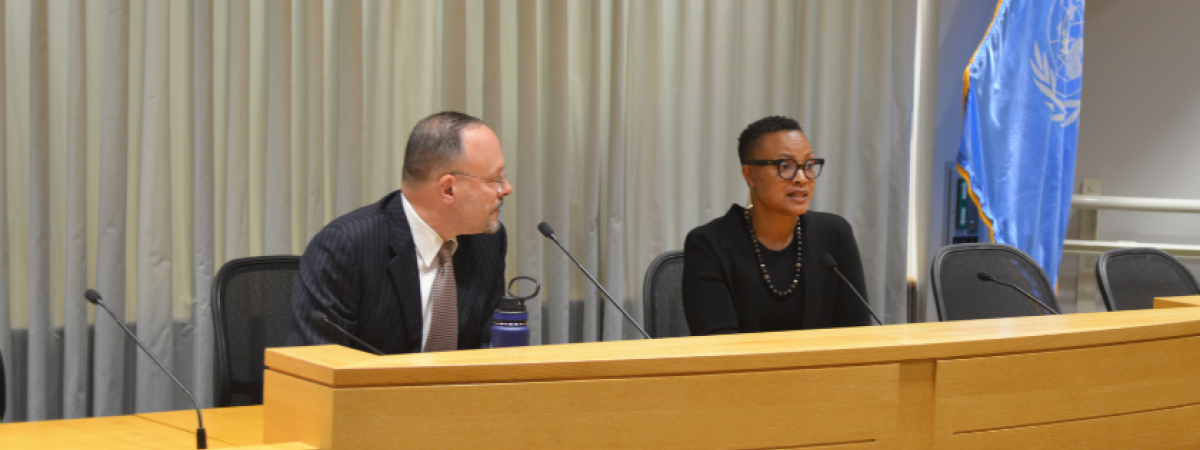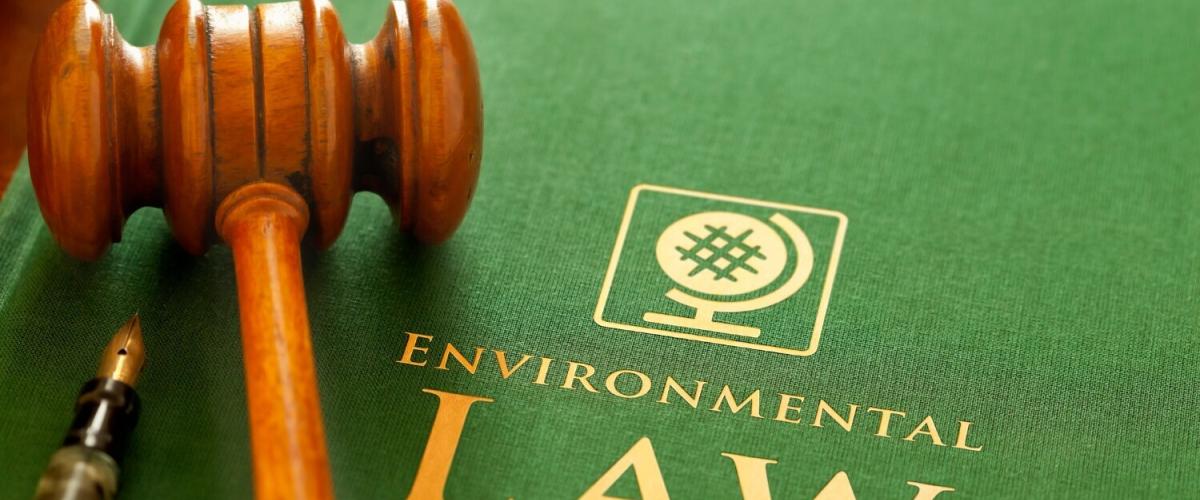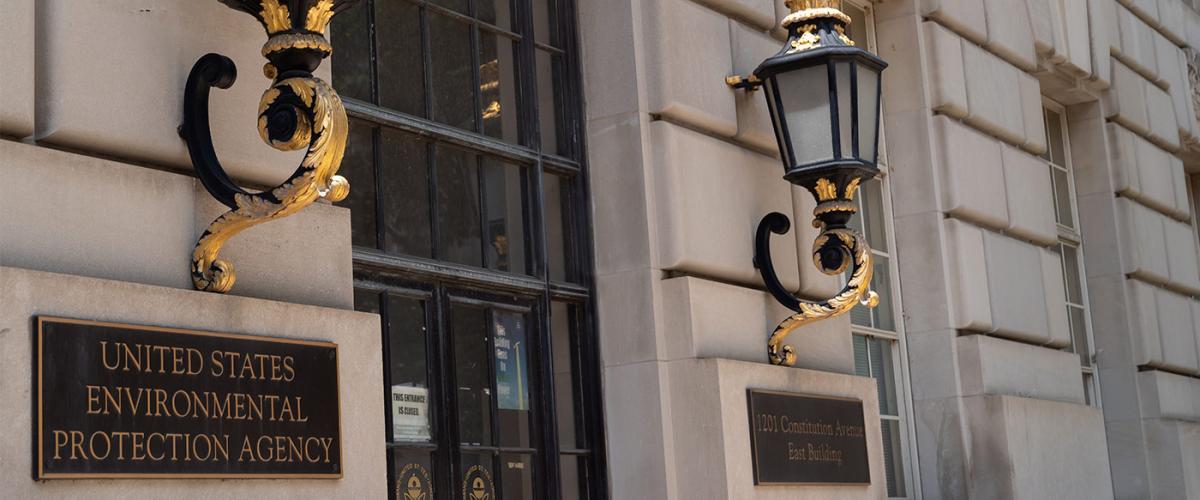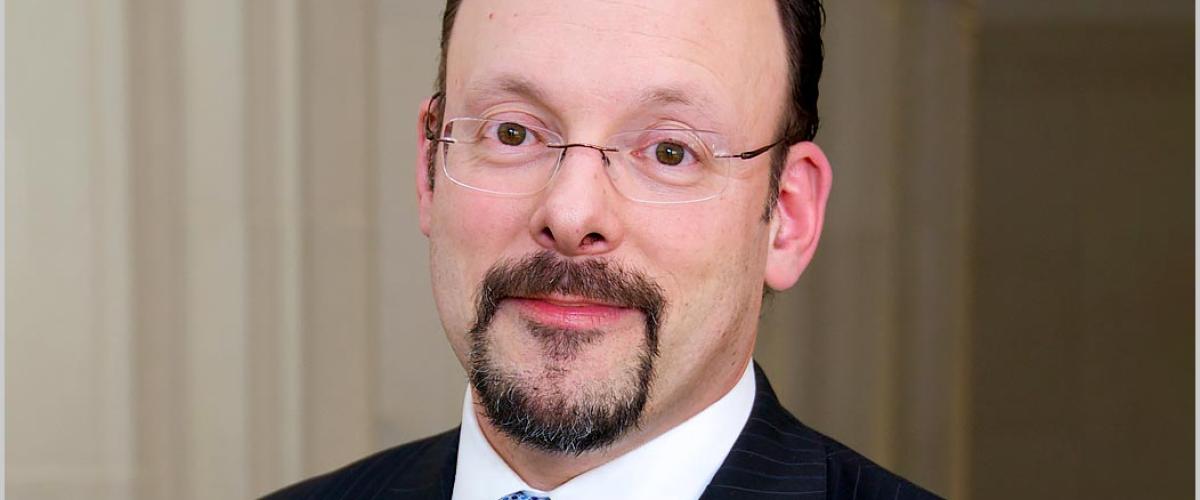The Honorable Shalanda H. Baker, director of the Office of Economic Impact and Diversity at the U.S. Department of Energy, joined the Coleman P. Burke Center for Environmental Law for a conversation on her work promoting and overseeing the federal government’s energy justice initiatives.
Prior to joining the Department of Energy as part of the Biden administration, Baker taught at Northeastern University School of Law and School of Public Policy and Urban Affairs, where she conducted research on the equity dimensions of the global transition away from fossil fuel energy to cleaner energy resources and authored the book, Revolutionary Power: An Activist’s Guide to the Energy Transition (Island Press, 2021). Baker was also the co-founder and former co-director of the Initiative for Energy Justice. She received her B.S. from the United States Air Force Academy, her J.D. from Northeastern University School of Law and her LLM from the University of Wisconsin.
During a “fireside chat” with Coleman P. Burke Center for Environmental Law director Jonathan Adler, Baker discussed the life experiences that helped lead her to become an advocate for energy justice, such as her time in Mexico where she studied the intersection of climate change, energy policy and indigenous rights as a Fullbright-Garcia-Robles research fellow. This experience helped spur her to examine how to reconcile green energy development with the needs and interests of indigenous and minority communities
Baker explained how minority communities are too often an afterthought in energy development. Energy projects are rarely designed to meet the needs of marginalized communities, while such communities often bear a disproportionate share of the burden of such development, as has occurred in the “Golden Triangle” along the Texas-Louisiana border. As Baker noted, approximately one third of Americans suffer from energy insecurity and those numbers jump to nearly half of the households for minority populations.
As director of the Office of Economic Impact and Diversity, Baker is responsible for modernizing energy development while advocating for social justice. She oversees these efforts by building a policy team to research, educate and advise national, state and local government officials as well as the general public. She discussed how her office is already producing results such as the Justice40 Initiative, which made “a goal that 40 percent of the overall benefits of certain federal investments flow to disadvantaged communities that are marginalized, underserved and overburdened by pollution.” Overall, Baker works to “build [energy] capacity every day equitably.” Baker also took questions from an inquisitive audience.
A video of the conversation with Baker is available.
The talk was co-sponsored by the Great Lakes Energy Institute and Social Justice Law Center to discuss how she helps ensure equity among minority and indigenous communities as the United States moves away from fossil fuels and embraces clean energy to combat climate change.





